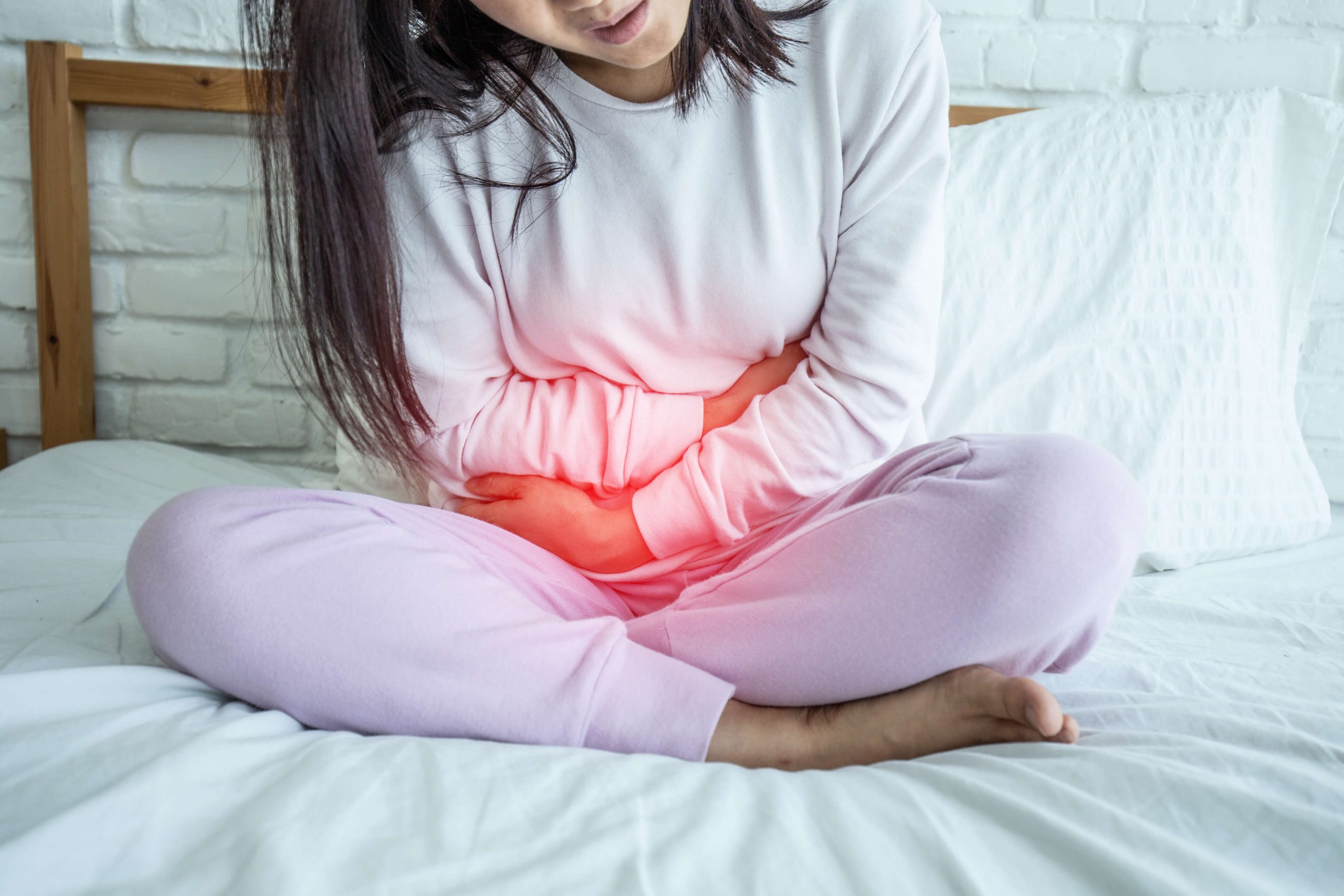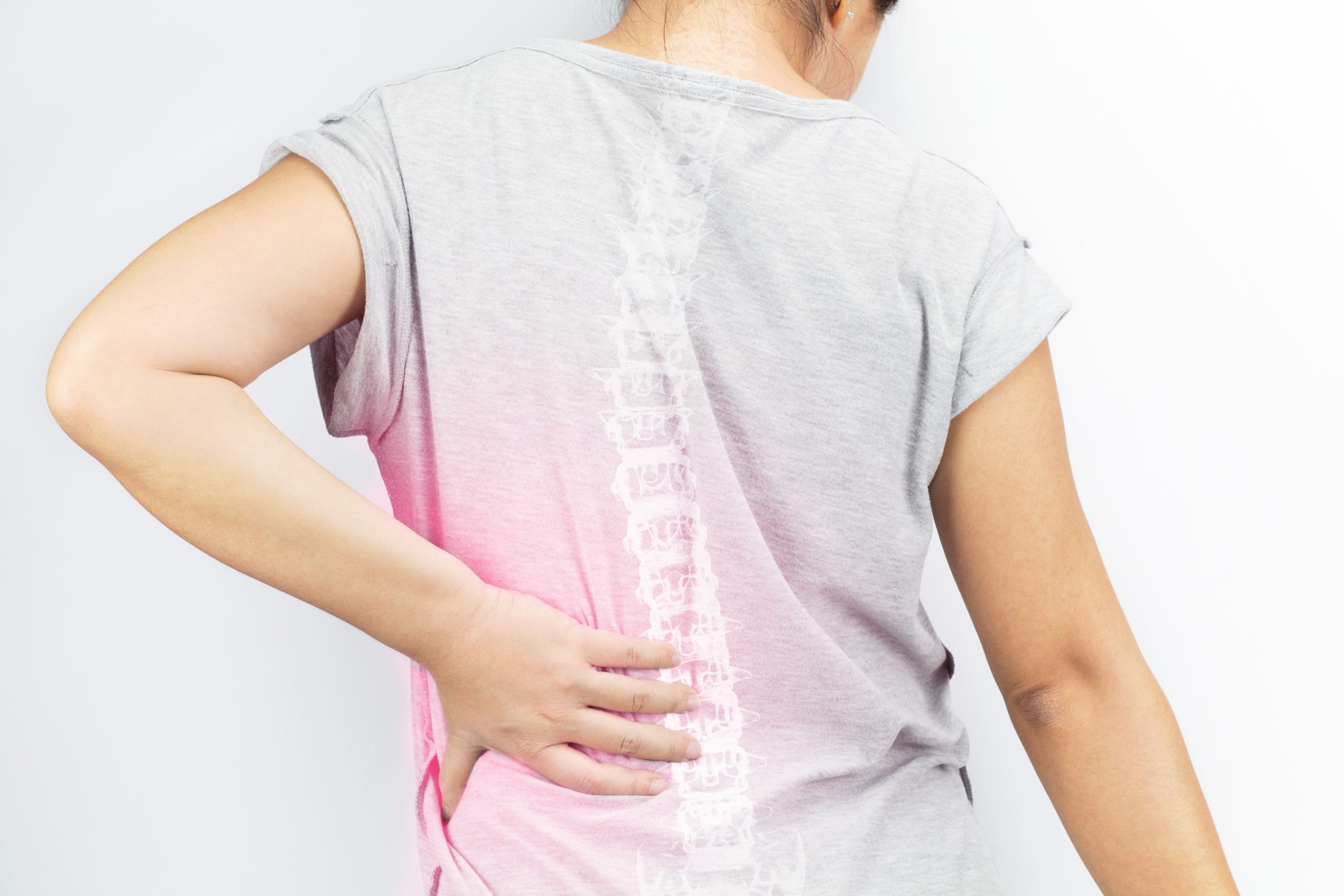Women's Health
Cystitis: Everything You Need To Know

What Is Cystitis?
Cystitis is an inflammation of the bladder. It affects people of both sexes and all ages but is typically more common among women.
In most cases, cystitis is caused by urinary tract infections (UTI). UTIs occur when there is a bacterial infection in the bladder or urethra. When left untreated, the infection may pose a serious health risk if it spreads to your kidneys. Cystitis does not always come from an infection. For example, certain medicines and hygiene products can also cause inflammation.
Symptoms To Look Out For
Below are some signs and symptoms that you can look out for:
- A frequent, strong urge to urinate
- Urge to urinate even after emptying your bladder
- Burning sensation while urinating
- Blood in urine
- Unusual pain during sexual intercourse
- Abdominal cramping or cramps in your back
- Cloudy urine, or urine with a very strong smell
- Pressure in your lower abdomen
When a bladder infection is left untreated, it may lead to a kidney infection. See your doctor immediately if you experience any of the following symptoms in addition to the symptoms above:
- Nausea
- Vomiting
- Intense back pain or pain in the sides
- Fever and chills
Causes Of Cystitis
There are many possible causes of cystitis, which mainly include:
- Urinary Tract Infection (UTI). This is known as bacterial cystitis and occurs when bacteria enter your urethra or bladder, which is normally sterile, causing inflammation.
- Drug-Induced Cystitis. The use of certain medications can irritate the bladder, causing inflammation as they pass through the body and exit via the urinary tract. For example, cyclophosphamide and tiaprofenic acid can cause chemical cystitis and should be withdrawn if a patient develops irritative symptoms or blood in the urine.
- Foreign body Cystitis. Prolonged use of urinary catheters presents increased risks of developing a urinary tract infection (UTI). The longer the catheter stays in the bladder, the greater this risk is, as there is a chance the catheter carries bacteria along the urinary tract.
- Radiation Cystitis. Any form of radiation of the pelvic region, which may be required for the treatment of bladder cancers or tumours in surrounding regions, may result in inflammation and cellular destruction of the bladder.
- Mucus reduction during menopause. The bladder lining is coated with mucin which acts as a protective layer against bacteria. During menopause, women produce less mucus in the vaginal area, which predisposes them.
- Chemical Cystitis. Some people, particularly women, may experience hypersensitivity to chemicals in certain hygiene products such as bubble bath, female hygiene sprays, or even tampons, leading to an allergic-type reaction within the bladder and causing further inflammation.
Latest Articles
How Are Abdominal Hernias Treated?
What to Expect from Colorectal Surgery
How to Treat Breast Inflammatory Conditions
Gynaecomastia: Understanding Male Breast Cancer
Who Is At Risk for Developing Cystitis?
Cystitis tends to be more common in women due to their shorter urethra, but cystitis can occur in both men and women.
The following groups are more susceptible to cystitis:
- Sexually active women. Some women are prone to cystitis within a day or two after having sex, and this may be partly due to movements during sex which can push bacteria into the bladder, causing inflammation.
- Pregnant women. During pregnancy, the urinary tract becomes relaxed and dilated, so the chances of bacteria getting up there increase, putting pregnant women at a higher risk of UTIs and cystitis.
- Women who use diaphragms that contain spermicide. Spermicides can kill off certain protective bacteria in the vagina, leading to an imbalance and increase the growth of bacteria that cause UTIs, eventually leading to cystitis.
- Women who are undergoing or have gone through menopause. Recurrent urinary tract infections are common after menopause. A rise in vaginal PH levels causes an alteration in the vaginal flora, particularly decreased lactobacilli which leads to increased colonisation by pathogenic faecal flora, increasing the occurrence of UTIs, especially in postmenopausal sexually active women.
- Women who use irritational hygiene products. Certain products can cause chemical irritation such as deodorant sprayed on the genital area, strong soaps, or feminine wash products.
- People who are undergoing radiation treatment in the pelvic region.
- Anyone undergoing changes in the immune system. This can happen with certain conditions, such as diabetes, HIV infection and cancer treatment. A depressed immune system increases the risk of bacterial and, in some cases, viral bladder infections.
Cystitis Diagnosis
Your doctor may ask you about the relevant symptoms and medical history, in addition to performing the following tests to diagnose cystitis:
Urinalysis
Your doctor may collect a urine sample to determine whether bacteria, blood or pus is in your urine. A urine bacteria culture is often done as well.
Cystoscopy
A cystoscope is inserted into your bladder through the urethra to view your urinary tract for signs of cystitis. In some cases, a biopsy may be taken for lab analysis.
Conclusion
Prevention is better than cure. Women should practise good hygiene by wiping from front to back after a bowel movement, to prevent bacteria from spreading. Taking showers instead of baths may also help, and make sure to wash skin gently in the genital area. After sexual intercourse, women should empty their bladders. It is a good habit to drink adequate water daily. It is also important to avoid hygiene products that contain chemicals that would irritate the area. Probiotics may also be beneficial in the prevention of cystitis.
The outlook for cystitis is generally good if the underlying condition is treated early. It’s important to consult your gynaecologist if you experience any of the above symptoms of cystitis.
WHO WE ARE
About SOG Health Pte. Ltd.
Established in 2011, SOG Health Pte. Ltd. (“SOG”) is a leading healthcare service provider dedicated to delivering holistic health and wellness services to the modern family.
With a long and established track record in Singapore providing Obstetrics and Gynaecology (“O&G”) services such as pre-pregnancy counselling, delivery, pregnancy and post-delivery care, the Group has since further expanded its spectrum of healthcare services to include Paediatrics, Dermatology, and Cancer-related General Surgery (Colorectal, Breast & Thyroid).
The Group’s clinics, under its four operating segments of O&G, Paediatrics, Oncology and Dermatology, are strategically located throughout Singapore to provide easy access to its patients.
- Obstetrics
- Gynaecology
- GynaeOncology
- Breast, Thyroid & General Surgery
- Colorectal, Endoscopy & General Surgery
- Dermatology
- Paediatrics
Consult With A Specialist From SOG
Visit one of our specialists today to learn more about your health!
Recommended Specialists
Book An Appointment
Fill up this form and our clinic will get back to you shortly.
For general enquiries, please click here.








